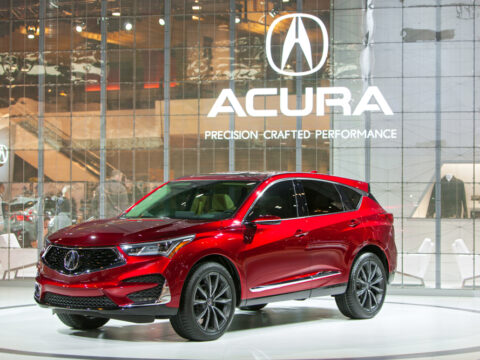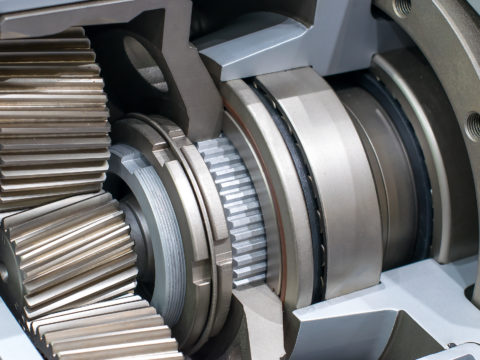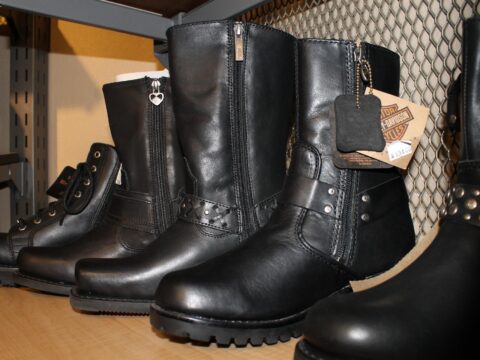Leasing a car might seem appealing with its lower monthly payments, but there are many hidden costs and restrictions. From higher long-term expenses and mileage limits to wear and tear charges, leasing can end up costing more than you expect. Here’s a look at 20 reasons why leasing a car may not be the best financial decision for you.
Contents
Higher Long-Term Costs

Leasing a car may seem cheaper monthly, but over the long term, it is more expensive than buying. Lease payments don’t build equity in the vehicle, and you’ll continuously have payments if you keep leasing. In contrast, buying a car allows you to eventually pay off the loan and own the vehicle outright, reducing long-term expenses.
Mileage Restrictions
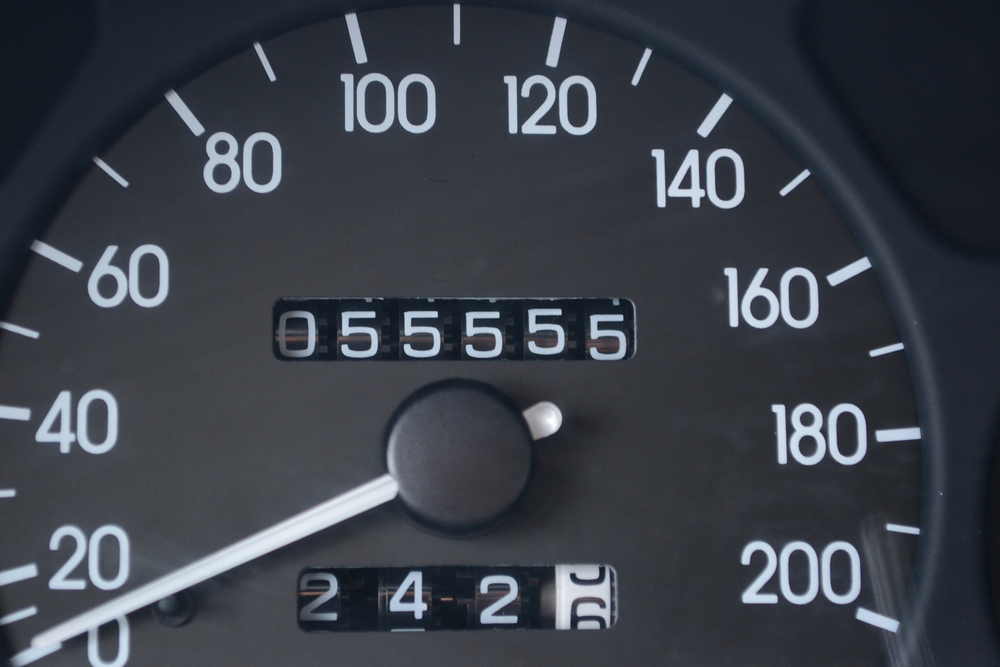
Most lease agreements come with mileage restrictions, typically ranging from 10,000 to 15,000 miles per year. Exceeding these limits results in costly penalties, often charged per mile. This restriction can be problematic for those with long commutes or frequent road trips, making leasing less flexible and potentially expensive.
Wear and Tear Charges
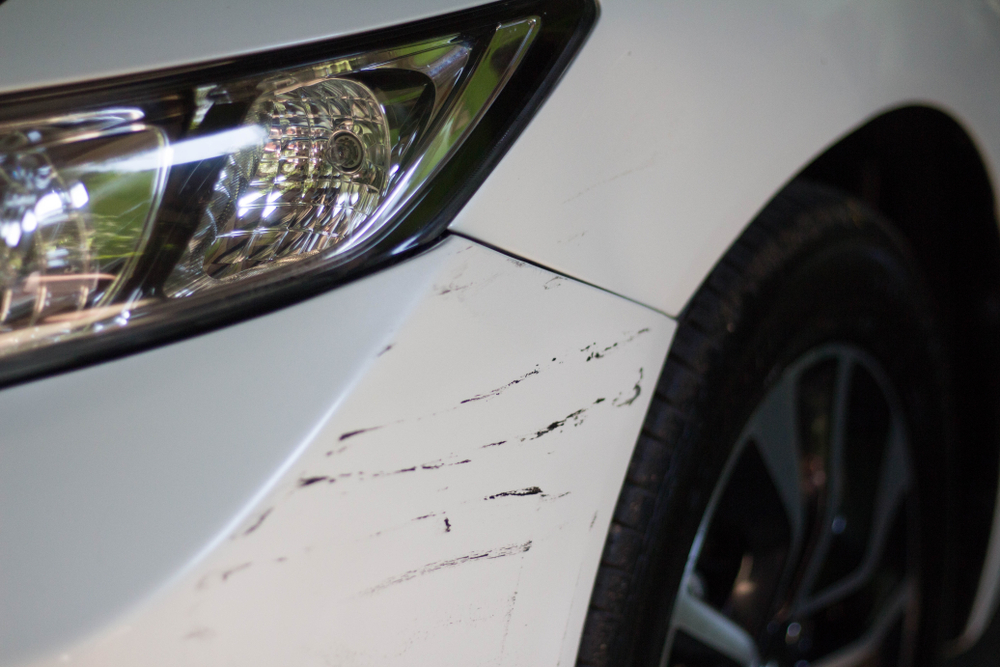
Leasing companies charge for any wear and tear beyond what they consider “normal.” These charges can add up quickly if the car has minor damages like scratches, dents, or interior stains. For those who aren’t meticulous about maintaining their vehicle’s appearance, these costs can be surprisingly high at the end of the lease term.
Limited Customization
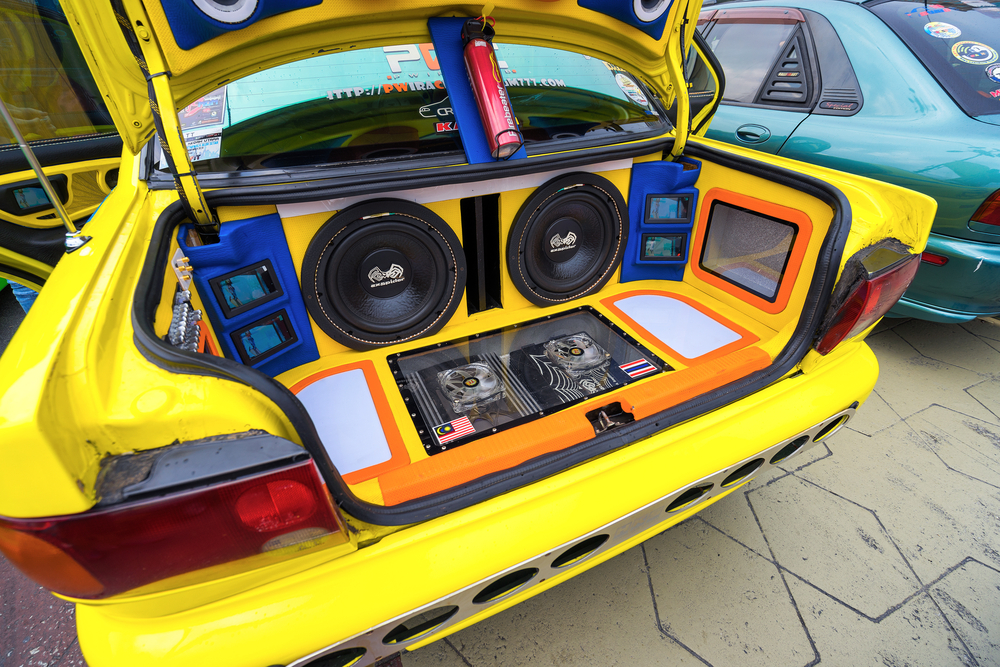
Leased cars typically cannot be customized or modified. If you enjoy personalizing your vehicle with aftermarket parts or accessories, leasing isn’t ideal. Any unauthorized modifications can result in penalties or voiding of the lease agreement, limiting your ability to make the car uniquely yours.
Insurance Costs

Leased vehicles often require higher insurance coverage, including gap insurance. This insurance covers the difference between the car’s value and the remaining lease payments if the car is totaled or stolen. These higher insurance premiums can significantly increase your overall cost of leasing compared to owning a car.
No Ownership Benefits

Leasing means you never own the car, and therefore, you miss out on ownership benefits like trade-in value or the satisfaction of owning a debt-free vehicle. Owning a car allows you to build equity and potentially sell or trade in the car for a new one, which can offset the cost of your next vehicle.
Depreciation Concerns
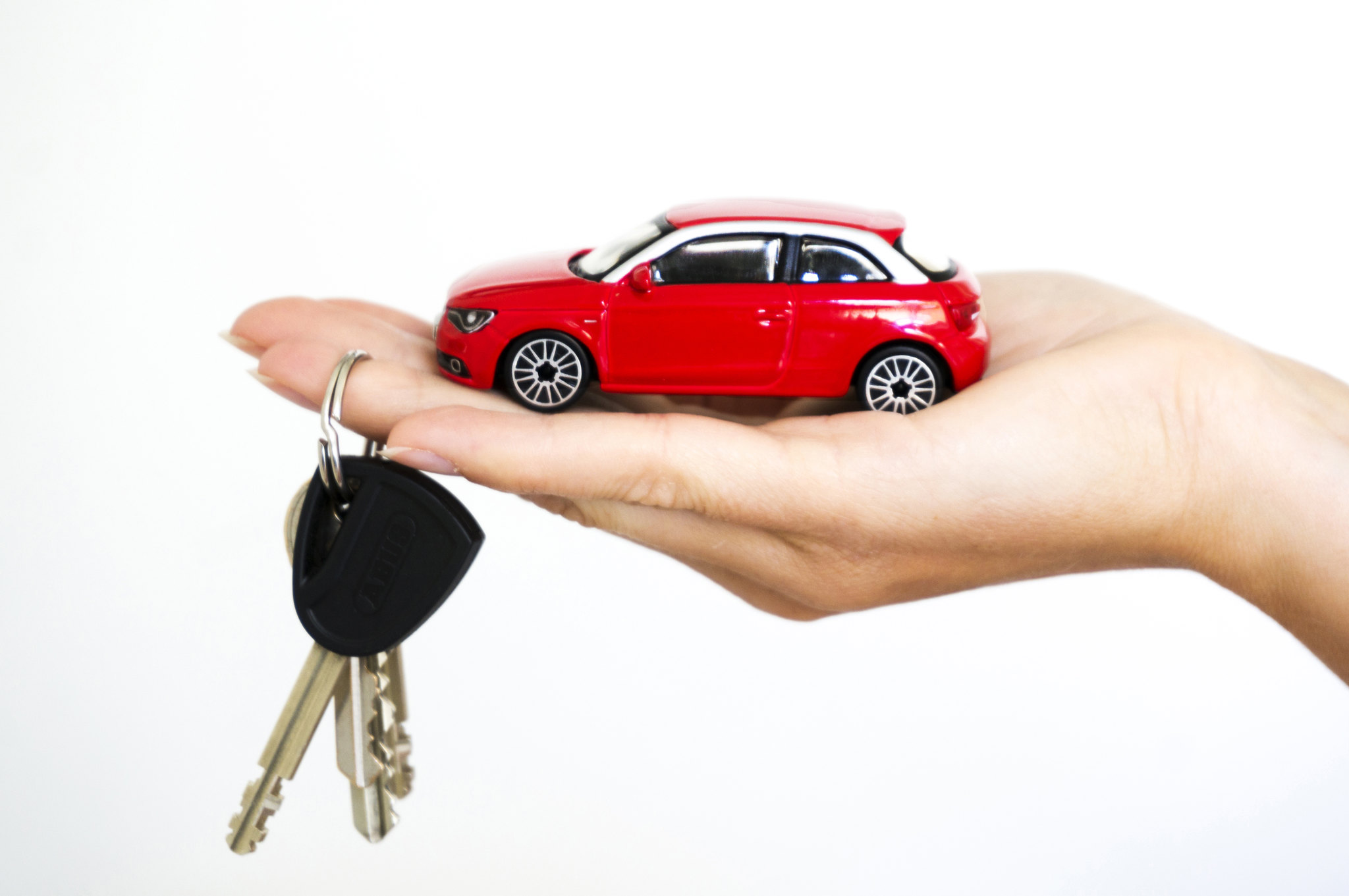
While leasing protects you from the car’s depreciation, it also means you’re paying for the car’s most significant depreciation period. New cars lose value quickly in the first few years, and your lease payments cover this depreciation without leaving you with any asset at the end.
Early Termination Fees
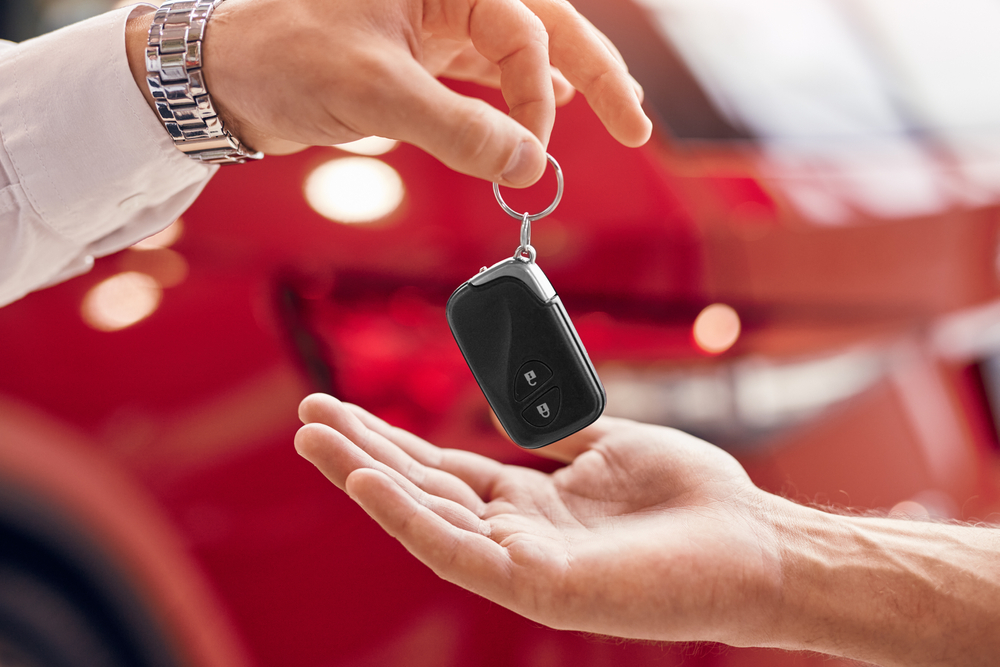
If you need to end your lease early, you’ll likely face hefty termination fees. These fees can be nearly as expensive as paying off the remaining lease payments, making it difficult to exit a lease agreement without significant financial loss. This lack of flexibility can be a major drawback.
Continuous Payments

Leasing ensures that you’ll always have a car payment. Unlike buying, where payments eventually stop once the loan is paid off, leasing requires ongoing payments if you continuously lease new vehicles. This can strain your budget over time, especially as financial priorities change.
Higher Interest Rates
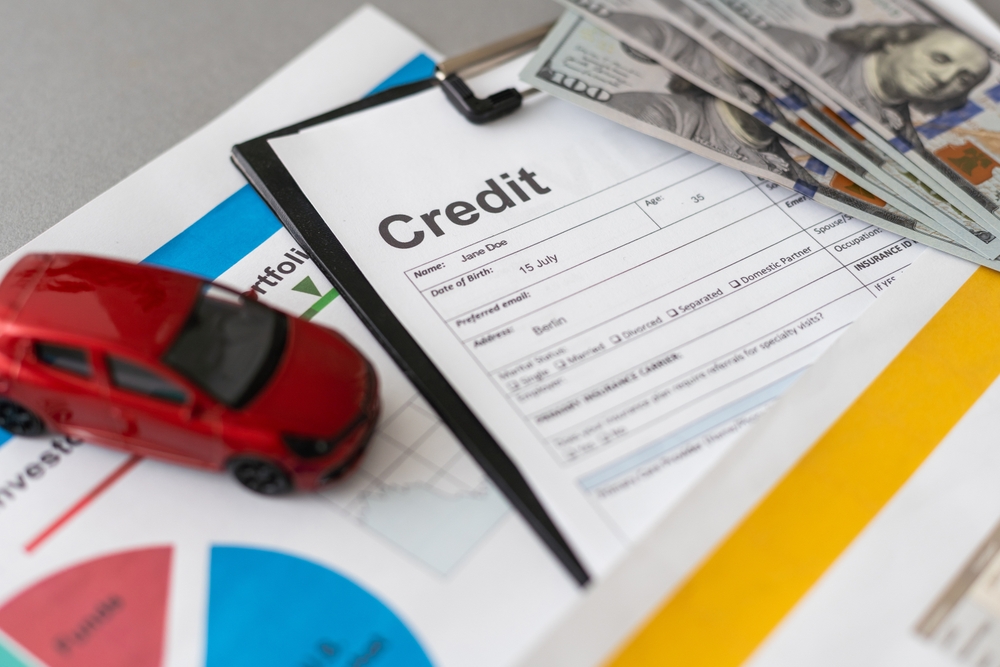
Lease agreements often come with higher interest rates compared to traditional car loans. These higher rates can make leasing more expensive than financing a car purchase, even if the monthly payments seem lower. The overall cost of leasing can be misleadingly high due to these rates.
Limited Selection
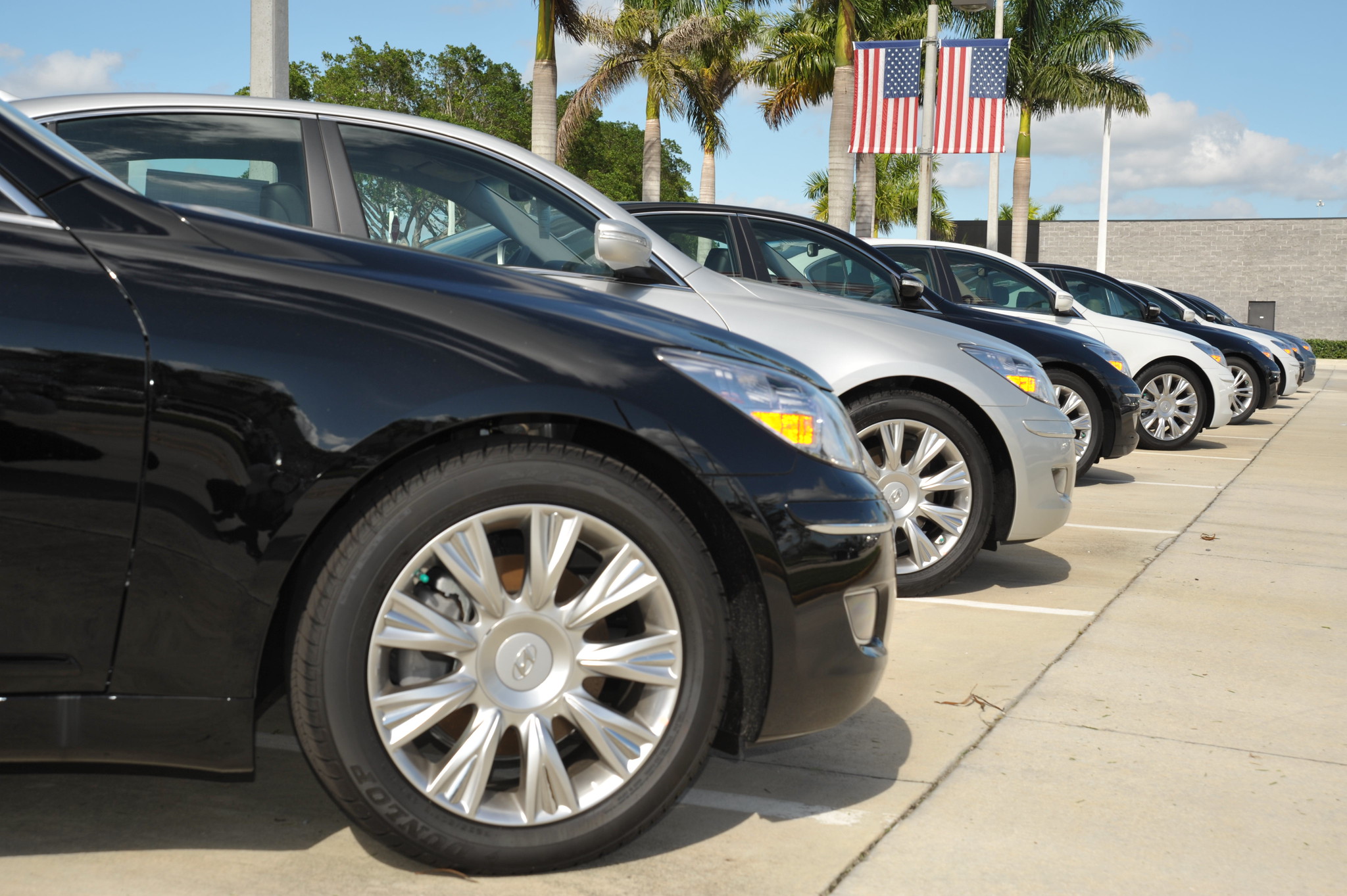
Leasing often limits your choice to new or near-new vehicles, which may not fit everyone’s needs or budget. If you prefer a specific older model or a used car, leasing might not be an option. This restriction can limit your flexibility in choosing a vehicle that best suits your lifestyle.
Complex Contracts

Leasing contracts are often more complex and harder to understand than purchase agreements. They come with various terms and conditions that can include hidden fees, penalties, and clauses. Misunderstanding these terms can lead to unexpected costs and complications during or at the end of the lease.
Lower Resale Value
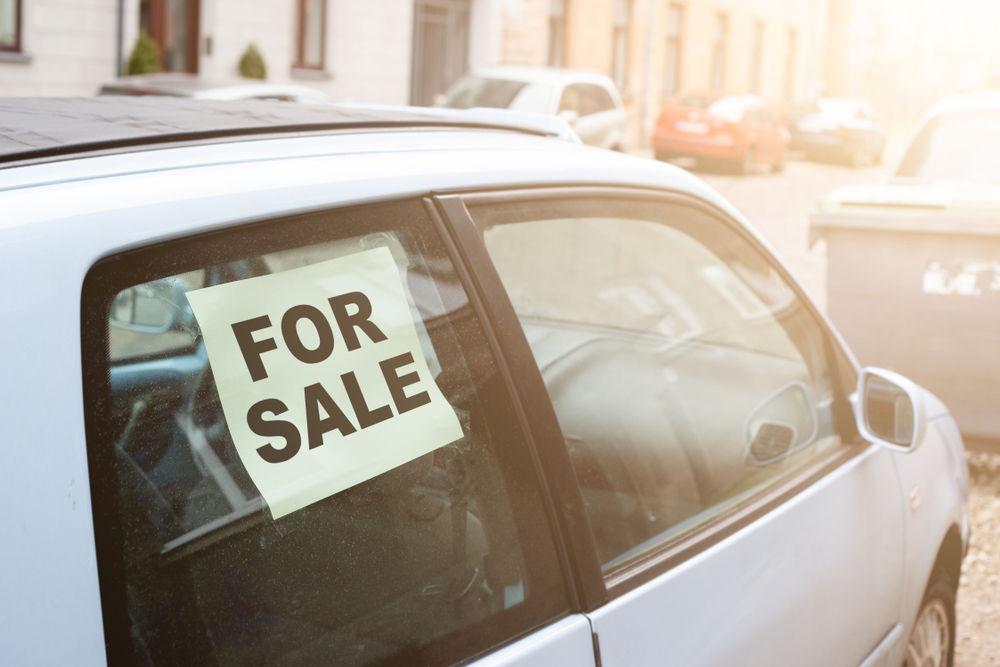
When you lease, you miss out on the opportunity to benefit from the vehicle’s resale value. Owners can sell their car when they no longer need it, potentially recouping some of their investment. Lessees, however, return the car with no financial return.
Maintenance Obligations
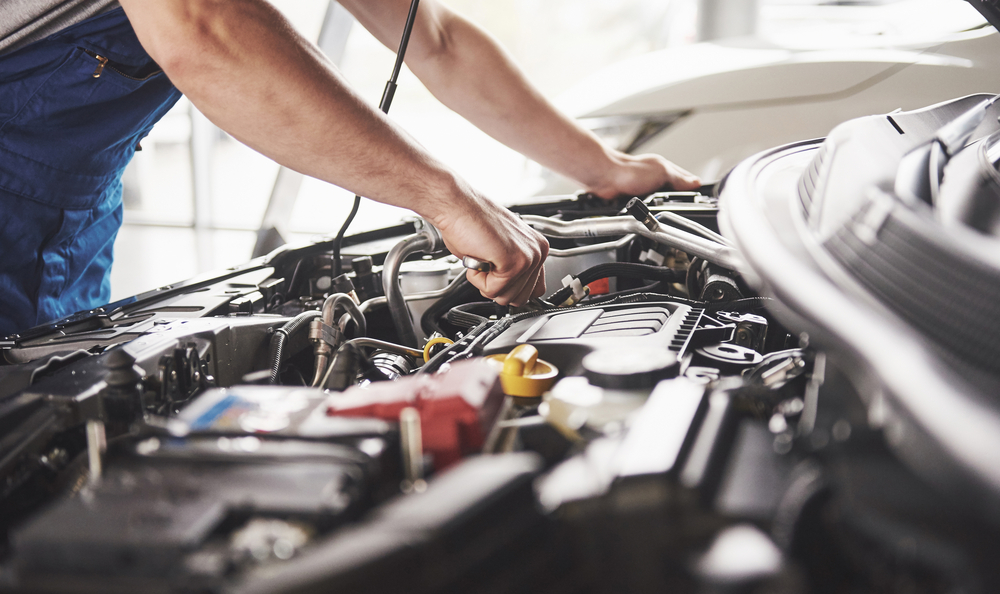
Leased vehicles must be maintained according to the lease agreement’s standards, which can sometimes be stricter than for owned vehicles. Failure to adhere to these maintenance requirements can result in additional charges. This obligation can be inconvenient and more costly in the long run.
Psychological Ownership

Leasing can feel like renting, leading to a lack of attachment or pride in the vehicle. Owning a car often provides a sense of accomplishment and stability. The psychological benefits of ownership are something many people overlook but can be significant over the long term.
Inflation Impact

Lease payments are fixed, but if you lease continuously, the cost of leasing new vehicles can rise with inflation. Over time, you may end up paying more for each successive lease compared to the steady payments on a fixed-rate loan for a purchased vehicle.
Tax Implications
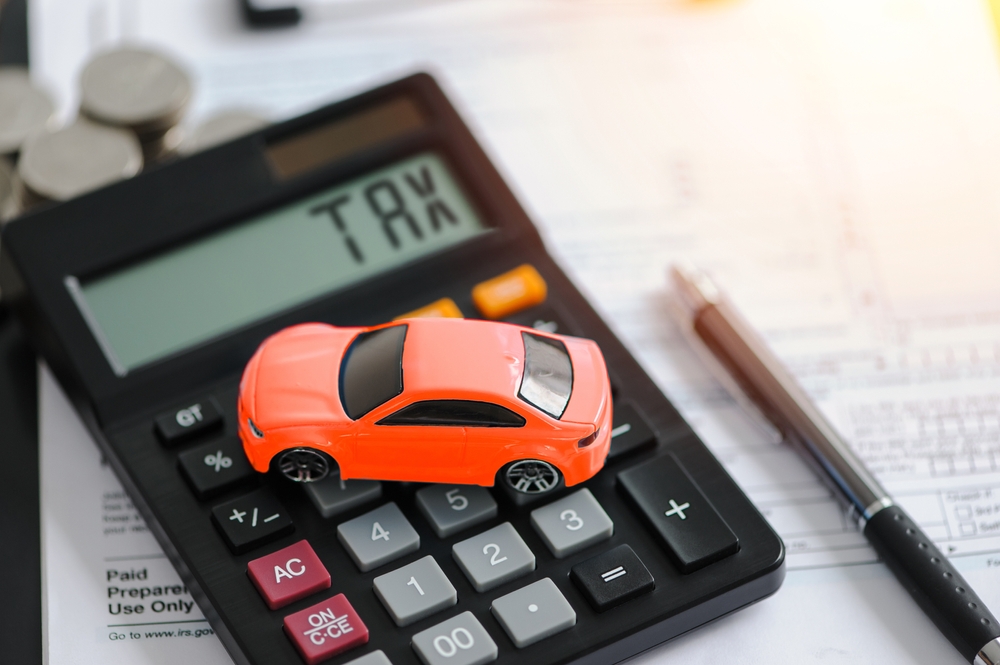
Leasing can have different tax implications compared to purchasing. For instance, lease payments might not be fully deductible for business purposes, and you don’t benefit from depreciation write-offs. Understanding these tax implications is crucial, as they can affect your overall financial situation.
Equity Building
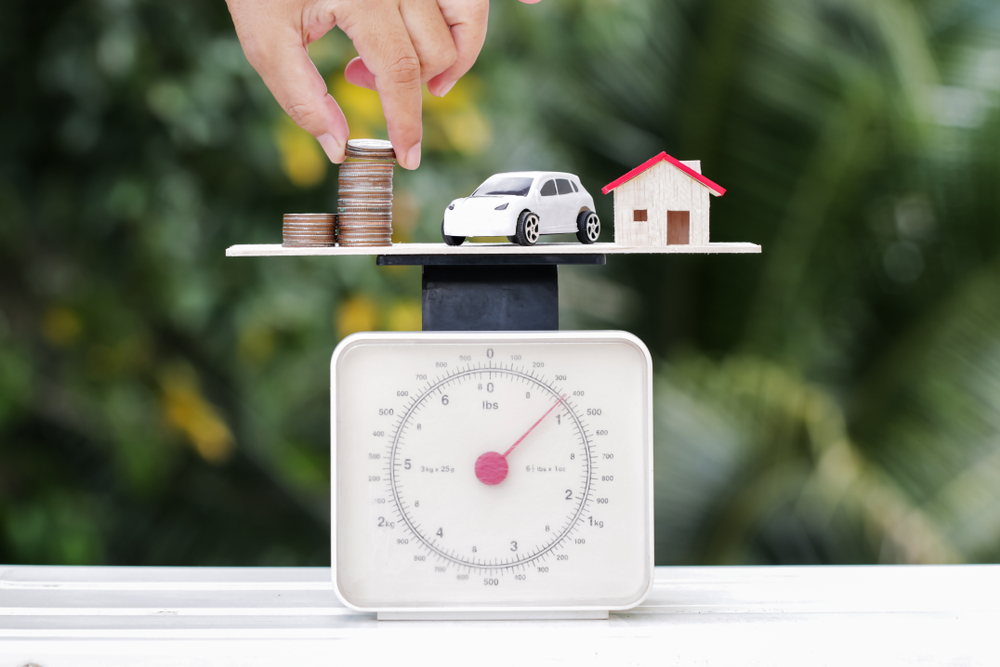
When you buy a car, you build equity over time, which can be useful in financial planning. Leasing offers no such benefit, as you are essentially renting the vehicle. This lack of equity can limit your financial flexibility and long-term wealth-building potential.
Higher Upfront Costs

Leasing often requires a higher down payment or upfront costs compared to financing a purchase. These initial costs can be substantial and reduce the cash flow benefits of leasing. Additionally, these costs are repeated with each new lease, further increasing the overall expense.
Restrictions on Use

Leasing agreements come with various restrictions on how you can use the car, including where you can take it and how it should be maintained. Violating these terms can result in penalties or additional charges, limiting your freedom and flexibility compared to owning a car.
This article originally appeared in MyCarMakesNoise.
More from MyCarMakesNoise
Exploring the Rich Legacy of the Mustang

In the world of automotive history, few names evoke as much passion and nostalgia as the Ford Mustang. Since its thunderous debut in 1964, the Mustang has been more than just a car; it’s a symbol of American muscle, style, and the open road. Read More
13 Opulent RVs That Redefine On-the-Road Comfort

Luxury recreational vehicles (RVs) are more than just modes of travel; they’re a statement of sophistication, comfort, and technology on wheels. These rolling mansions offer the finest amenities, from high-end interiors to state-of-the-art technology, blending the thrills of the open road with the comforts of a luxury home. Read More
15 Intriguing Facts About the Iconic DeLorean DMC-12

The DeLorean DMC-12 is a car that has captured the public’s imagination like few others, thanks to its unique design, limited production run, and prominent role in pop culture. Read More

